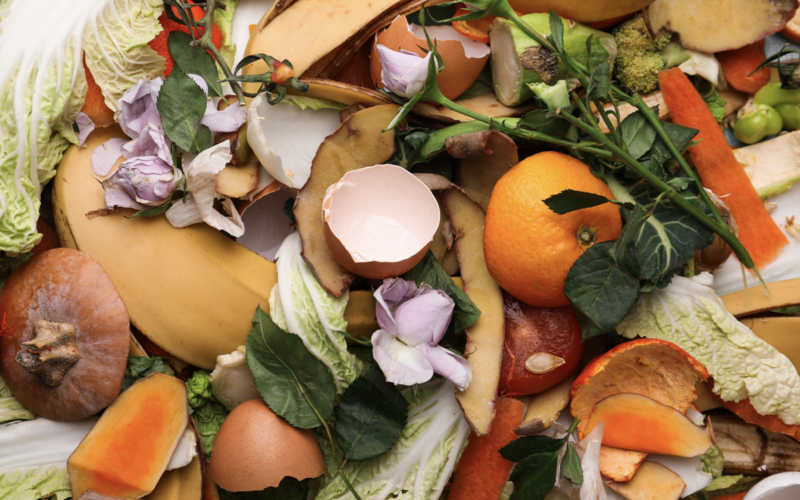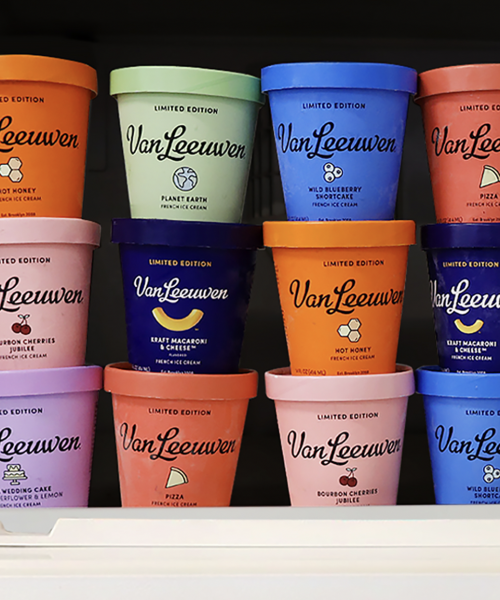By Mike Pomranz | FoodAndWine.Com
Troy Warren for CNT #Foodie
First approved in 2016, these mandatory statewide organic waste collection rules have been over five years in the making.
In 2022, residents in America’s largest state will begin seeing major changes to how their waste is collected: Originally passed in 2016, California Senate Bill 1383 officially takes effect on January 1 – which will eventually require everyone in the state to separate organic and compostable waste from the rest of their garbage.
As the Los Angeles Times explains, the new rules won’t necessarily go into effect overnight: Start times vary based on the region and other factors, and some parts of the state – like San Francisco – already offer these services. Additionally, residents won’t have to start hauling their banana peels and coffee grounds off to the dump themselves: Part of the mandatory statewide program is that jurisdictions are required to offer this organic waste collection. And though $500 penalties for individuals who don’t follow the new rules are on the way, they won’t be kicking in anytime soon.
The organic waste-focused program goes beyond composting, too: The law also addresses edible food waste – reportedly including targets that California diverts 20 percent of all edible food waste from landfills by 2025, first by adding new requirements for supermarkets and other large food suppliers and then later expanding to businesses like restaurants and hotels.
“According to ReFED, about 35 percent of all food goes to waste. What we’re trying to do is prevent that,” Patty O’Connor, the chief supply chain officer at Feeding San Diego, told CBS8. “It’s a really great win-win relationship all around. We don’t want food wasted in a landfill.”
Meanwhile, California’s battle against waste could take another major step forward this year: A new ballot measure will be voted on that could require plastic manufacturers to make their products recyclable or reusable.
“We are at this very pivotal point in waste management, for a couple reasons,” Nick Lapis – advocacy director for Californians Against Waste, an environmental group that was a major advocate for SB 1383 – told the Times. “One is that for the first time we are tackling organic waste. And that happens just as public awareness and attention to plastic pollution is peaking. So these two massive shifts in how we think about waste are happening at the same time.”
In Other NEWS




































